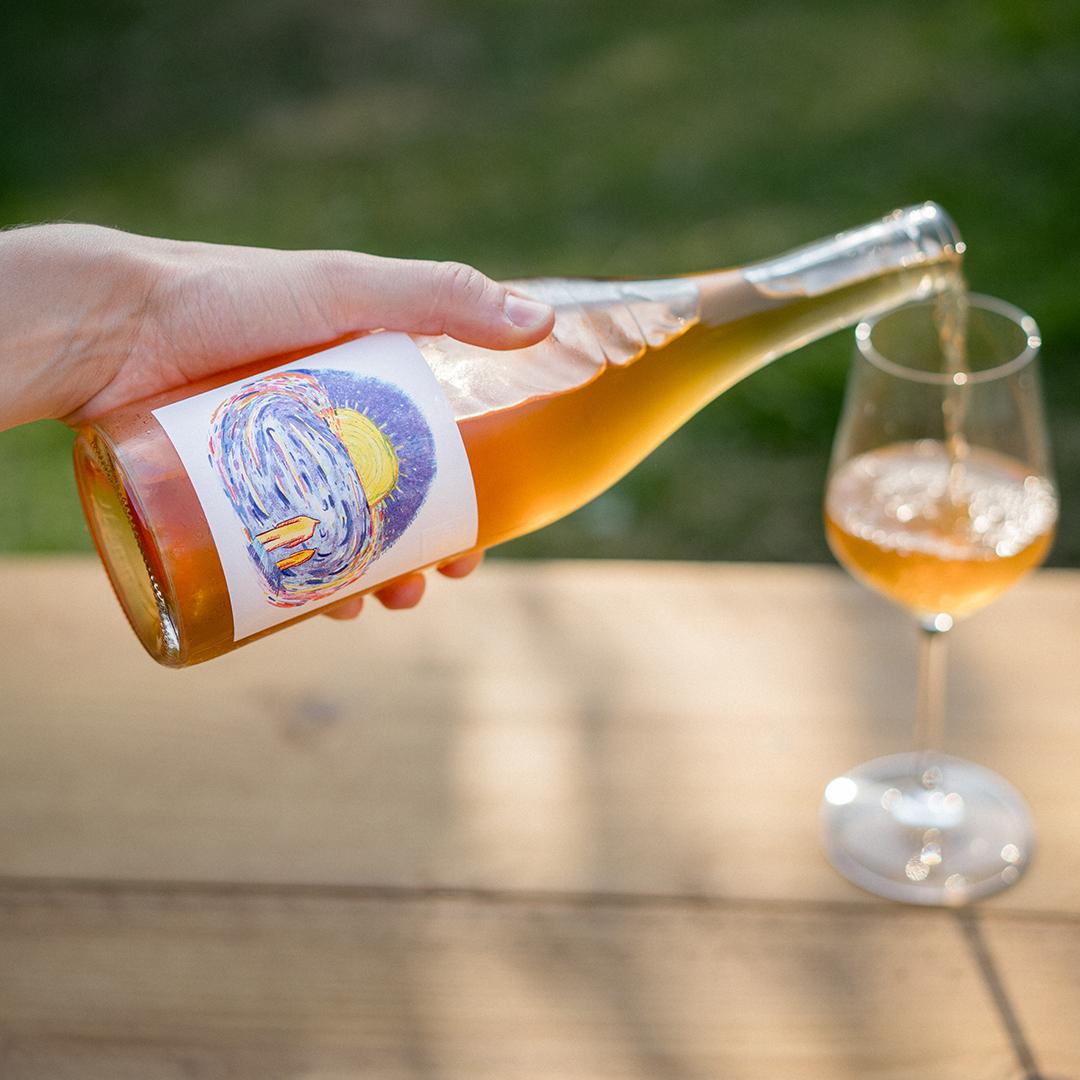The rugged, grape-strewn landscapes of Italy and France might still be the places that you think of first when it comes to biodynamic bottles of vino but the English natural wine scene is really taking off, MOB. Trust me. Gone are the days when English wine was a punchline to a joke. There are now plenty of excellent wine producers on England's pleasure pastures that you should be exploring. And many who are embracing the natural wine movement, too.
Before we get too bogged down in the weeds of classifications and certifications, it’s worth clarifying that natural wine is more of a philosophy and a way of thinking and approaching winemaking than anything else. There’s currently no official definition of natural wine in the UK, so to speak. Which means you don’t necessarily have to farm your grapes organically in order to call yourself a “natural” wine producer. But, to be honest, it does really help if you do. France’s National Institute of Origin and Quality (INAO), which regulates French wine denominations, have established a ‘Vin Méthode Nature’ classification in an attempt to provide some clarity (and consistency) to the definition. In order for a natural wine to meet this 'Vin Méthode Nature' criteria in France it must: be made with certified organic, hand-harvested grapes; only be fermented with indigenous yeast; contain no additives, and have little to no added sulphites among a host of other strict rules.
Definitions of natural wine outside of France are a lot more lax. To quote Isabelle Legeron, the first woman in France to become a Master of Wine, "natural wine is a continuum, like ripples on a pond. At the epicentre of these ripples, are growers who produce wines absolutely naturally – nothing added and nothing removed. As you move away from this centre, the additions and manipulations begin, making the wine less and less natural, the further out you go. Eventually, the ripples disappear entirely, blending into the waters of the rest of the pond. At this point, the term ‘natural wine’ no longer applies. You have moved into the realm of the conventional.”
With Legeron’s flexible definition in mind, these are the English winemakers and vineyards who sit towards the centre of that pond. Not all of them are completely organic and might not meet the VMN definition but, hey, nobody’s perfect, right? Something that all these producers share; however, is that they all give a damn about the spirit of winemaking, they all care about sustainability, and they don’t want to add Mega Purple food dye to your bottle of Cabernet Sauvignon.
From O.Gs like Will Davenport at Davenport Vineyards to relative newcomers like Ben Walgate at Tillingham, these are the best English natural wine producers that are doing fantastic work in the domestic wine scene. Support them by buying a few bottles, MOB.
